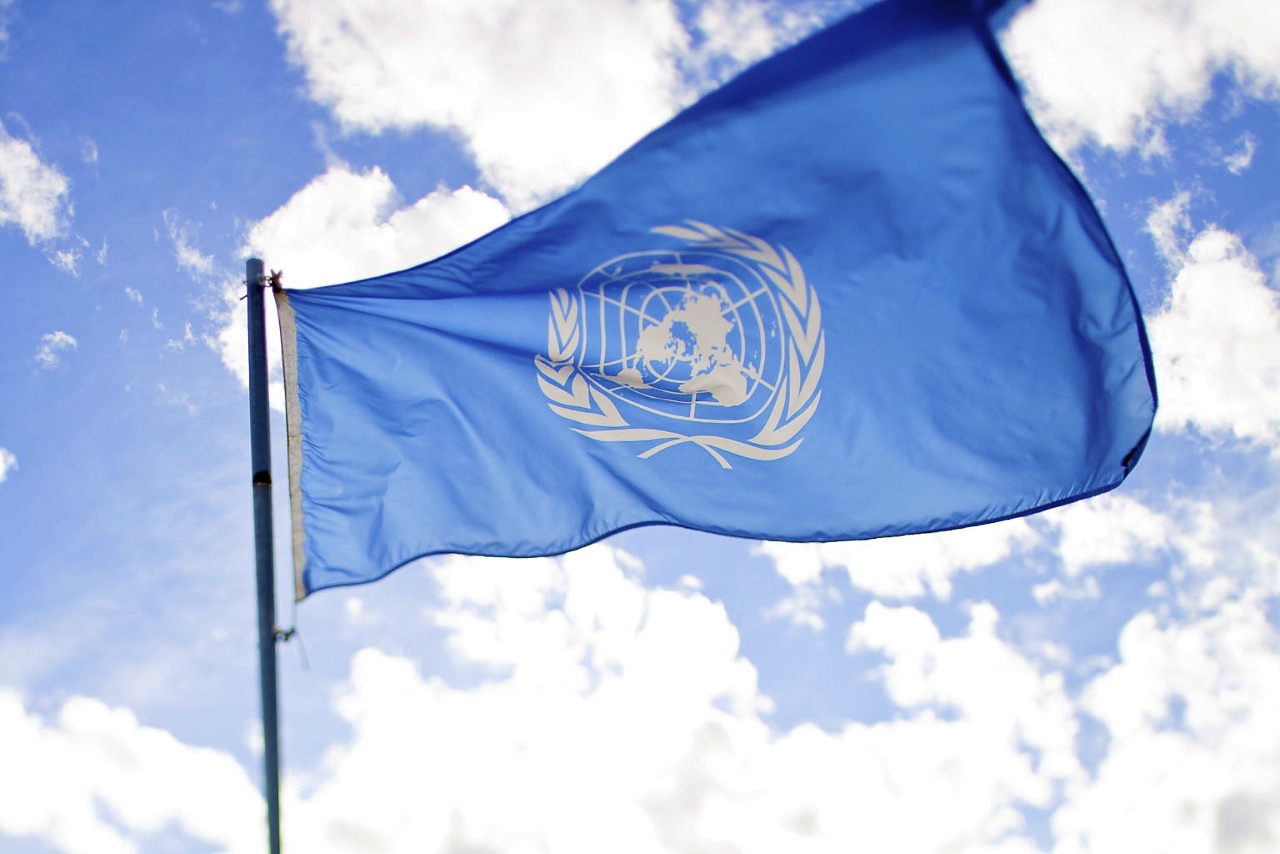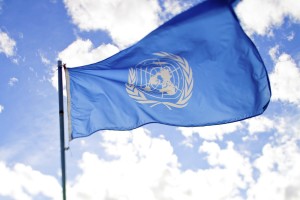IRSAM at the 61st Commission on the Status of Women
 https://flic.kr/p/aGugAa
https://flic.kr/p/aGugAa
From March 13th to the 24th, the United Nations hosted the 61st Commission on the Status of Women (CSW) in New York City. Women and men from all walks of life came from around the globe to participate in the annual conference dedicated to discussing issues pertinent to women’s development. Every year, the International Relations Student Association of McGill (IRSAM) sends a delegation of students to attend the conference and listen to speakers, meet with Permanent Missions, advocate, and learn. The theme for this year was “Women’s Economic Empowerment in the Changing World of Work.”

Despite the focus on economic empowerment, a variety of other pressing issues are also featured. Many have already caught global awareness and are included under the 5th Sustainable Development Goal of Gender Equality: the need for greater political representation, ending violence against women, and increasing labour force participation are themes that are brought up repeatedly. Other women-specific issues are less well-known and publicized; for example, land tenure rights for female rural farmers in Africa and the inclusion of transgender women. CSW provides the platform for all of these issues to be brought to light. Panellists run the gamut from Ashley Judd, popular actress and outspoken feminist, to Maryam Monsef, the Canadian Minister of Status of Women, to civil society organizations, academics, and the Director of UN Women herself, Phumzile Mlambo-Ngucka.
The conference has a dual purpose. On one hand, achievements in gender equality are celebrated. Ministers from the Nordic countries held a panel in which they discuss their progress in women’s development. Denmark, Finland, Iceland, Norway and Sweden consistently rank at the top of global gender equality lists, and are looked to as models for the rest of the world to follow. Panellists cited paid paternal leave and subsidized daycare as the top reasons for their success. These programs allow women to return to work and also promote the idea that men can and should play an equal role in child-rearing, tackling gender norms that establish women as caretakers and men as breadwinners. In another event, female mayors come together to speak about the importance of including women in local governance. Mayors from towns and cities in Cameroon and Indonesia speak of their personal electoral successes at the local level and how they use their position to further programs to advance women and girls. At an event addressing violence against women, Chile revealed a new plan to criminalize cat-calling, a pervasive and common form of sexual harassment, as an important first step to ending sexual violence against women and rape culture. Attendees, including our delegation, were awed and inspired at the steps we have made and the incredible work that people are doing to reach the goal of gender equality.
On the other hand, the conference is a sobering depiction of how much further we have to go. Panellists expose issues that receive little awareness from the international community. For example, female rural farmers in Africa work their land but receive a smaller percentage of profits because they do not hold land tenure rights because of their gender. The number of women in Parliament has doubled since 1995 – but this brings the total number from a dismal 11.3% to only a slightly-less-dismal 22.8%. The World Health Organization estimates that 1 in 3 women have experienced physical or sexual violence by an intimate partner. While the UN has formally recognized the need to end gender inequality for the benefit of all, the organization itself does not seem to prioritize this goal. Of the UN’s overall budget of $21 billion USD, only $7 million USD is allocated to UN Women, which is the main branch of the UN that deals with gender issues. Over and over, we hear the repeated refrain that implicit gender biases remain deeply ingrained within all countries, and, while some states have made more progress than others, there is still no country in the world that has achieved total social, political, and economic gender equality. Every victory requires a battle and seems like a mere baby step on the long road ahead.
IRSAM’s delegation, while not unaware of the realities of gender inequality, were understandably disheartened at this news. In the privileged bubble of McGill where gender equality is greater (although still nowhere near total), it is easy to forget that in some countries, women must fight even for basic rights. Even given McGill’s overall better position, gendered issues can still arise and we can be reminded of our school’s shortcomings and various imperfections, such as the long battle to implement a comprehensive sexual violence policy, which was only approved in 2016. Hearing women struggle to be granted basic human rights is humbling and eye-opening. Being reminded several times a day of the depth and severity of obstacles blocking women worldwide can indeed be discouraging.
These repeated reminders of failure and sluggish progress should not be taken as a cry of defeat. To the contrary, it is a renewed call for battle. The 61st CSW has shown us that we have far to go, and a vast amount of issues need to be addressed, but we must be motivated by these problems, not dissuaded from tackling them. Progress has been sluggish, but it is being made, no matter how difficult it is or how long it takes. What we must do now is keep pushing and gain momentum. As Ms. Mlambo-Ngucka said in her panel remarks, “we need to sprint, as we can no longer afford a marathon.” If we hope to achieve SDG 5 by 2030, the race must begin now.
